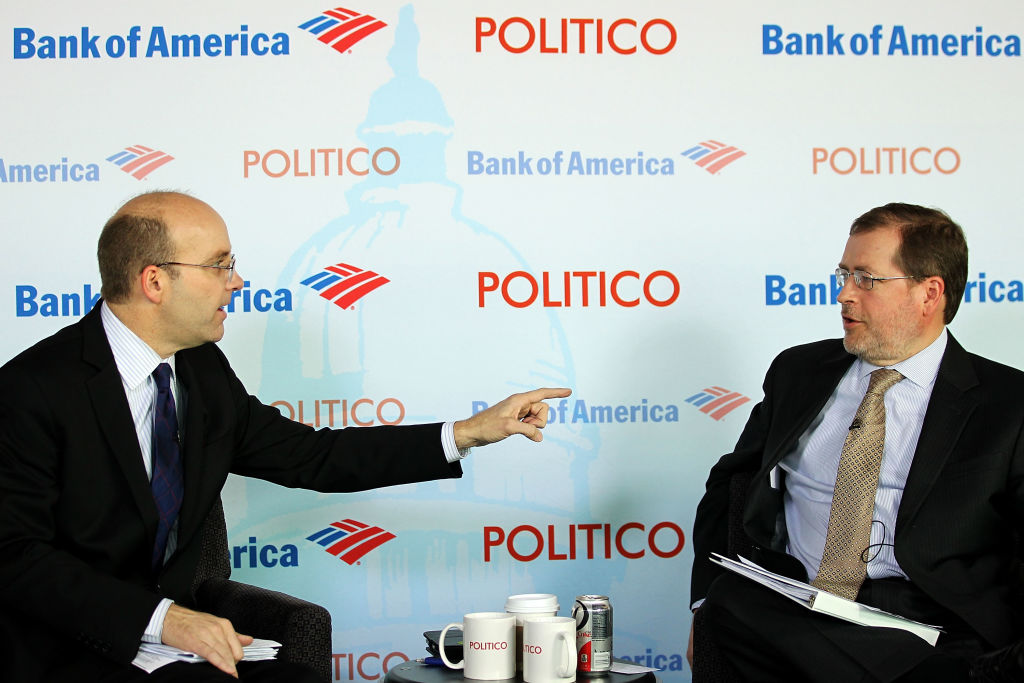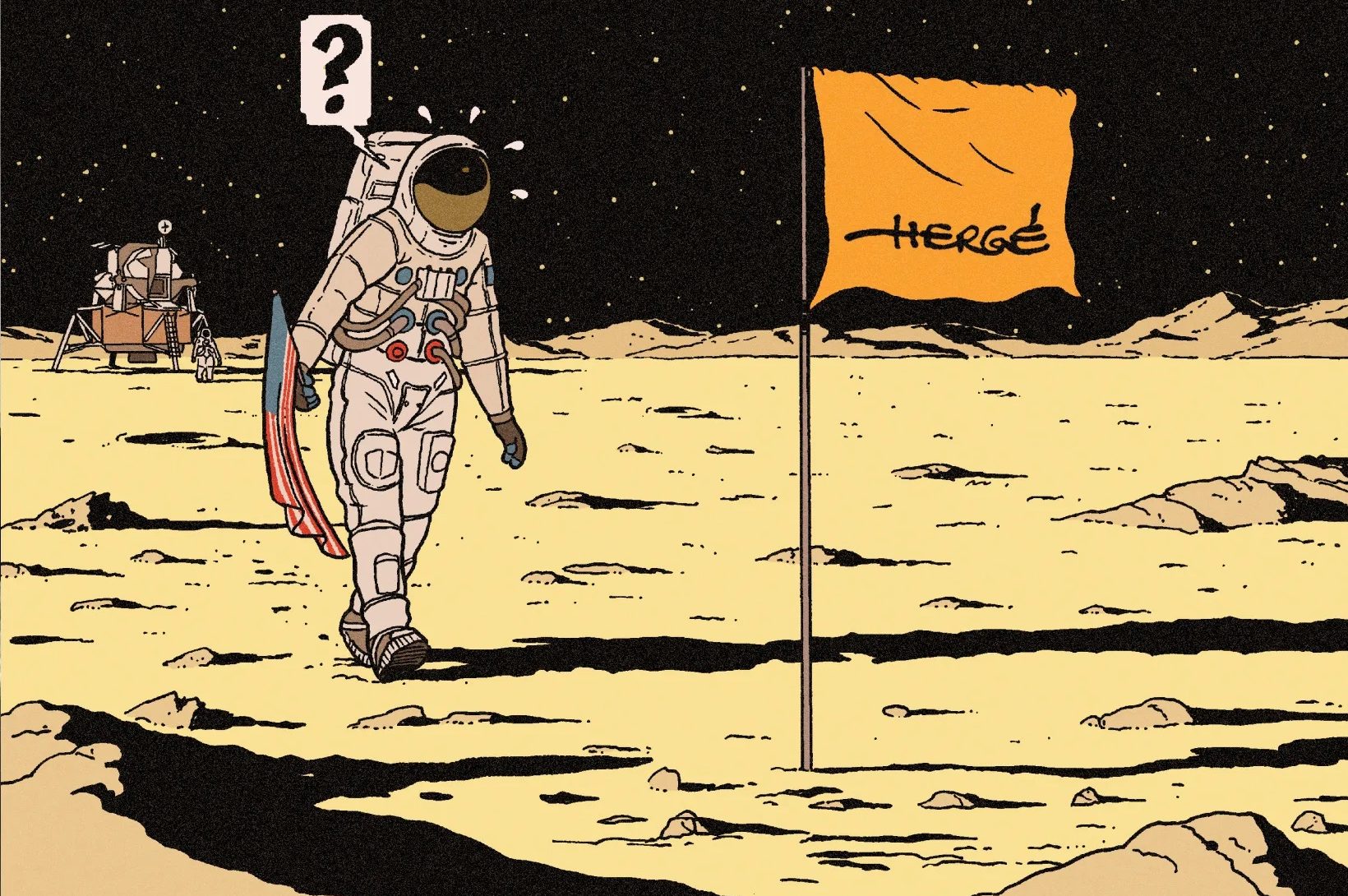Imagine one day you walk into your local watering hole and find out that all of your favorite bartenders have been hired away. In their place are new “cocktail specialists,” who are too busy flirting with one another to actually help customers. When they finally pour you a drink, they are awfully stingy with the booze. You briefly grieve over an overpriced vodka soda and then vow to never go back to that awful place.
That’s more or less how I feel about Politico’s Playbook, the newsletter that was once the go-to morning read for Washingtonians. Reporters, lobbyists, government employees and politicians used to consume the daily newsletter before their first cup of coffee. The combination of curated articles, original reporting and inside-the-beltway gossip made Playbook the capital’s agenda setter. Now, with countless rivals and an odd aversion to anything juicy, it looks more and more like a sad relic of pre-pandemic DC.
I stopped subscribing at some point last year, and I don’t miss it. An entirely unscientific survey confirmed that most of my friends in the media agree. But how, exactly, did Playbook go from arguably the most influential political newsletter in the country to just another piece of clutter in the morning inbox?
Longtime readers point to an ideological shift in the newsletter’s authors as one key reason for its decline. Before he left Politico to set up Axios, Mike Allen launched Playbook in 2007 and wrote it for about a decade. Allen then passed the torch to Jake Sherman and Anna Palmer. To them, politics was more like sport than war. Playbook’s political leanings ran secondary to its timeliness and focus on original content.
Then Sherman and Palmer left to start a rival newsletter, Punchbowl. As the Trump years gave way to the Biden administration, Politico replaced them with Rachael Bade, Eugene Daniels, Ryan Lizza and Tara Palmeri. In a splashy relaunch, complete with Vanity Fair photoshoot, the group promised to “bring some of the old Playbook back.”
If only. Palmeri was arguably the most talented reporter of the four and responsible for the revamped Playbook’s biggest story, on an inappropriate relationship between reporter Alexi McCammond and White House deputy press secretary TJ Ducklo.
Months later, Palmeri was moved off the Playbook team, reportedly due to repeated clashes with Daniels over editorial content. Daniels, the Daily Beast reported, was insistent on bringing social justice issues to the top of Playbook’s coverage. Palmeri was promised another role that never materialized, and she eventually left Politico entirely. The remaining three are cable news talking heads — Daniels is a contributor for MSNBC while Bade and Lizza are on contract with CNN — whose daily newsletter is heavy on opinion and light on scoops.
“They’ve dispensed with the news part and lead with ideology, aggregating the worst takes of their colleagues and losing what made it great in the first place,” Saagar Enjeti, co-host of the popular digital news program Breaking Points, told me.
Daniels spouts left-wing talking points on MSNBC. Lizza once bafflingly asked White House press secretary Kayleigh McEnany if Trump thought it was a good thing the South lost the Civil War. Bade infamously celebrated a “Merry Impeachmas!” when she was at the Washington Post and during one CNN interview deridingly said that Republicans “cling to their right to bear arms.”
All this opining might be forgivable if they were producing good scoops. At least two of the few they’ve delivered have turned out to be duds. Last October, they claimed Joe Manchin was open to a modified carbon tax. Later that day, he told reporters himself that it was “not on the board at all.” The Playbook team published a photo from a tipster and stated that SCOTUS justice Sonia Sotomayor was out to dinner with prominent Democrats after skipping oral arguments earlier in the day. The woman in the photo turned out to be Senator Chuck Schumer’s wife.
To be fair, Politico’s entire newsroom has shifted decidedly to the left thanks to its hiring of mostly young, progressive activists disguised as reporters. Playbook was a victim of that unfortunate trend even before Bade, Lizza and Daniels came to town. Last year, Politico was sold to German publishing giant Axel Springer, whose CEO Mathias Döpfner preaches the value of nonpartisan news. So why did they immediately hire Dafna Linzer, who was once accused of running cover for the Democratic National Committee?
“When Playbook had the audacity to allow conservative Ben Shapiro to be a guest author, more than 100 Politico staffers signed a letter of protest. What a joke,” Joe Concha, a Fox News contributor and media columnist for the Hill told me. “So while we keep hearing about the importance of diversity, it’s diversity of thought that continues to be squashed within many media organizations. Result? They become two things and they ain’t good: echo chambers of each other and therefore predictable.”
As Playbook devolves further into aggregated left-wing takes, its authors seem even more interested in using it to boost their personal profiles. A week out from the 2022 midterm elections, the newsletter’s lead item was not about last-minute rallies, polling or TV ads, but about Daniels marrying his partner. It was “complete with ten pics,” a White House reporter texted me. “That’s not news, that’s vanity.”
Then again, maybe we’re starry-eyed casualties of nostalgia. As one DC political reporter put it, “I might disagree with the premise here, as someone who long thought Playbook sucked even if it does provide a window into the vapid and predictable mind of the average liberal journalist. I refuse to grant Jake Sherman any credit for anything other than seemingly convincing lots of wealthy people to keep giving him money.”
Spotted: a Spectator journalist coming to the embarrassing realization that Playbook was probably always irrelevant navelgazing.
This article was originally published in The Spectator’s December 2022 World edition.





















